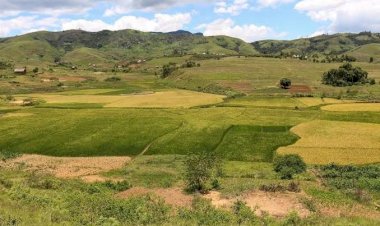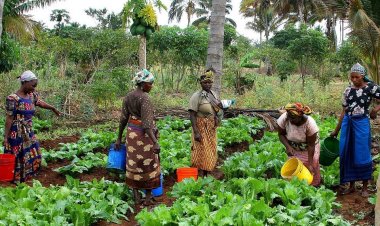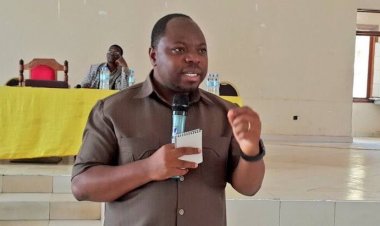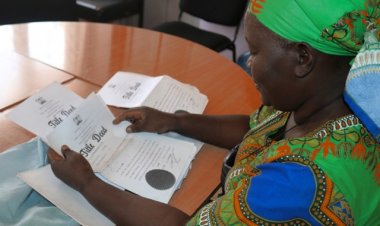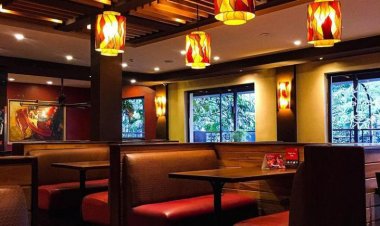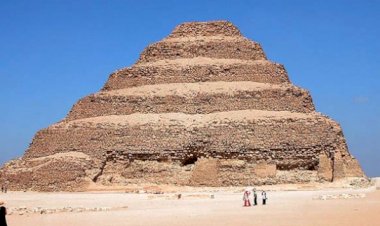Wananchi Waonywa Kuhatarisha Usalama wa Maji Bonde la Pangani
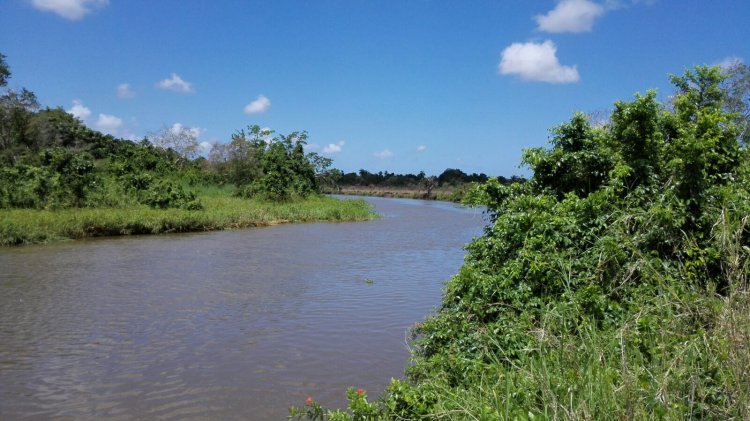
The Pangani Basin Water Board (PBWB) has urged residents living near water sources to avoid building settlements in areas around such sources to avoid drying them out or endangering water security.
In addition, PBWB, said it has already started taking deliberate steps in measuring and placing boundary stones 'Bicons' in about 18 sources out of more than 371 sources located in the basin area which includes Kilimanjaro, Arusha, Manyara and Tanga regions.
The director of the board, Segule Segule, said this while referring to the water week celebrations that were accompanied by cleaning and planting trees at the sources.
"There are water resource conservation laws that restrict human settlements and human activities within 60 meters and that otherwise action will be taken including demolishing the buildings without compensation," he said.
Segule appealed to local and county officials to be vigilant with such sources and to ensure that no persons engaged in humanitarian activities within the legally restricted area.
In another step Segule, urged the public to be vigilant in such sources by ensuring that the rituals performed do not affect those sources including the blood bath after slaughtering animals.
Asking the director, a resident of Sambarai village in Moshi district, Lucy Mkamba asked PBWB to put up a fence at the Kwa Mkamba water source whose environment allows the people to cut into the source.
He said the source has been used for more than 50 years and that all the time its water has remained safe but now they have become alarmed by the increase in population in the areas around the source.
Mkamba said among the efforts made by village leaders as well as the water users' committee at the source is the acquisition of Sh 5 Mil which will be used in the initial stages of fencing in the area.
Earlier the chairman of Eka Sub-district, Zakaria Senya said the source has been a savior to more than 2000 citizens some of whom use it for agriculture.










